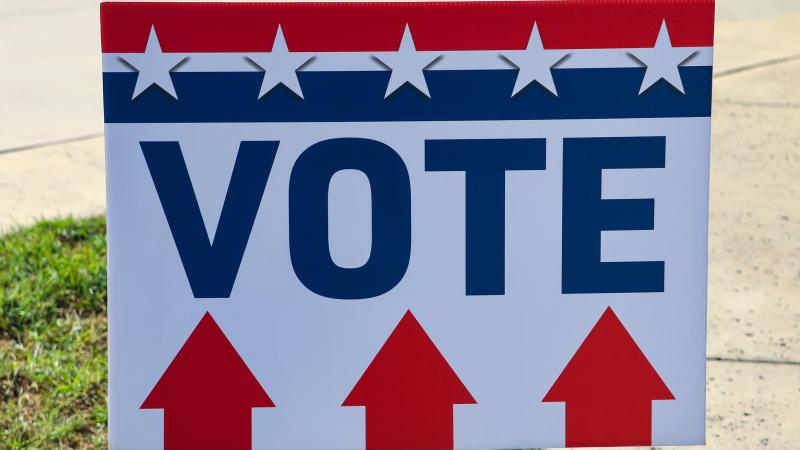Antibodies last over a year after COVID-19 infection, according to study
Those who experienced severe infection had higher levels of antibodies.
Most people who have been infected with SARS-CoV-2, the virus that causes COVID-19, will carry antibodies for at least a year, according to a recent peer-reviewed study.
The European Journal of Immunology accepted a study on Sept. 24 from scientists at the Finnish Institute for Health and Welfare, who studied 1,292 subjects eight months after infection for the presence of antibodies.
Their findings included 96% of subjects still carrying neutralizing antibodies and 66% with the nucleoprotein IgG antibody.
After randomly selecting 367 subjects from the original cohort who were not yet vaccinated a year following infection, the scientists found that 89% of subjects still had neutralizing antibodies, and 36% with the IgG antibody.
Subjects who had experienced a severe SARS-CoV-2 infection had higher antibody levels, anywhere from two to seven times as many antibodies as those with mild infections at least 13 months after contracting the disease.
While the antibodies provide lasting protection against the original SARS-CoV-2 virus, their neutralization efficiency against the Alpha, Beta, and Delta variants decreased over time.
The neutralizing antibodies "were only slightly reduced" in the Alpha variant and "considerably declined" in the Beta variant. However, "over 80% of the subjects who had recovered from severe" SARS-CoV-2 infection still had neutralizing antibodies against the Delta variant a year after being infected.
Nature Medicine published a study in May that found "that neutralization level is highly predictive of immune protection" against SARS-CoV-2.
A preliminary study, which is not yet peer-reviewed, found that antibodies decreased 10-fold just seven months after subjects received the second dose of the Pfizer COVID-19 vaccine.
















